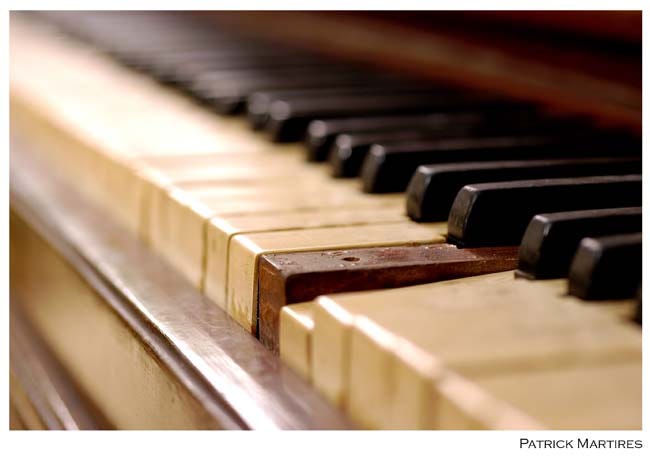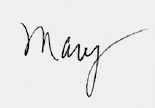When I played the piano, I heard all the possible interpretations of the phrasing, the tones, versus what I was able to produce from the sounding board. My inability to reproduce those interpretations no matter how well I did play accused me.
Lena told me that the revered Rabbi Akiva had twenty-four thousand disciples who studied his teachings and came up with twenty-four thousand interpretations. She found this comforting and would repeat it to counter my certainty when I would assert that I couldn’t play.
I hold the scores of music in my hands, listen to the sounds of the instruments, twenty-eight different ones in “The Firebird,” blending with one another, and I’m able to hear each one in its staff of music on the page. I don’t need to put a CD in my player.
I don’t see the fabulous bird with its plumage of fire. I don’t see the ballerina who goes on point and is lifted in flight. I have heard of but not seen Chagall’s designs for the sets. I have never seen Balanchine’s choreography of this music. I have never been attracted to dance, only to music. In the quiet, the score in my hand, in “The Princesses’ Round: Khorovode,” I hear a lullaby, lean back to let the flutist know he should play his low notes, that the oboe’s haunting tones should enter.
I hear what I conduct.
She understood, knew it happened before I touched the keyboard—that moment before I began while I scanned through the pages of the piece. When I used to play, I played only for her—never in front of anyone else. In return for the gift of the scores—her hand outstretched to me—I didn’t play the piano. I didn’t read the scores in front of her. I didn’t let her see my hands fly through the air, the score in my lap held open by a slide rule.
And now their story—the only way I’ll find my way through.
I begin with a memory: Lena comes home late one evening, cooks a dinner for me from recipes Isaac’s wife Evan has given her. She tells me she’d been to the farm for a drink with Isaac and Evan. To the farm? I knew she liked Evan. I didn’t question this. Now I do.
Yes, this is my version. Call it imagination. Call it revenge. Call it what you like.
I call it discovery.
Forgive the interruptions. I won’t stay out of it.
***
Next: The Lovers, prose 3
Table of Contents
Love,








Oh my dear... I am so late to this party (due to travel, etc.) but WOW this takes my breath away... it's so completely masterful!
“I hear what I conduct” is such a potent, revealing sentence. I’m way ahead in the story as I devour chapters every night before bed, but it’s fun to loop back to your prose and audio sections here to revisit earlier phases of this tangled masterpiece of love and betrayal (of both self and other.)